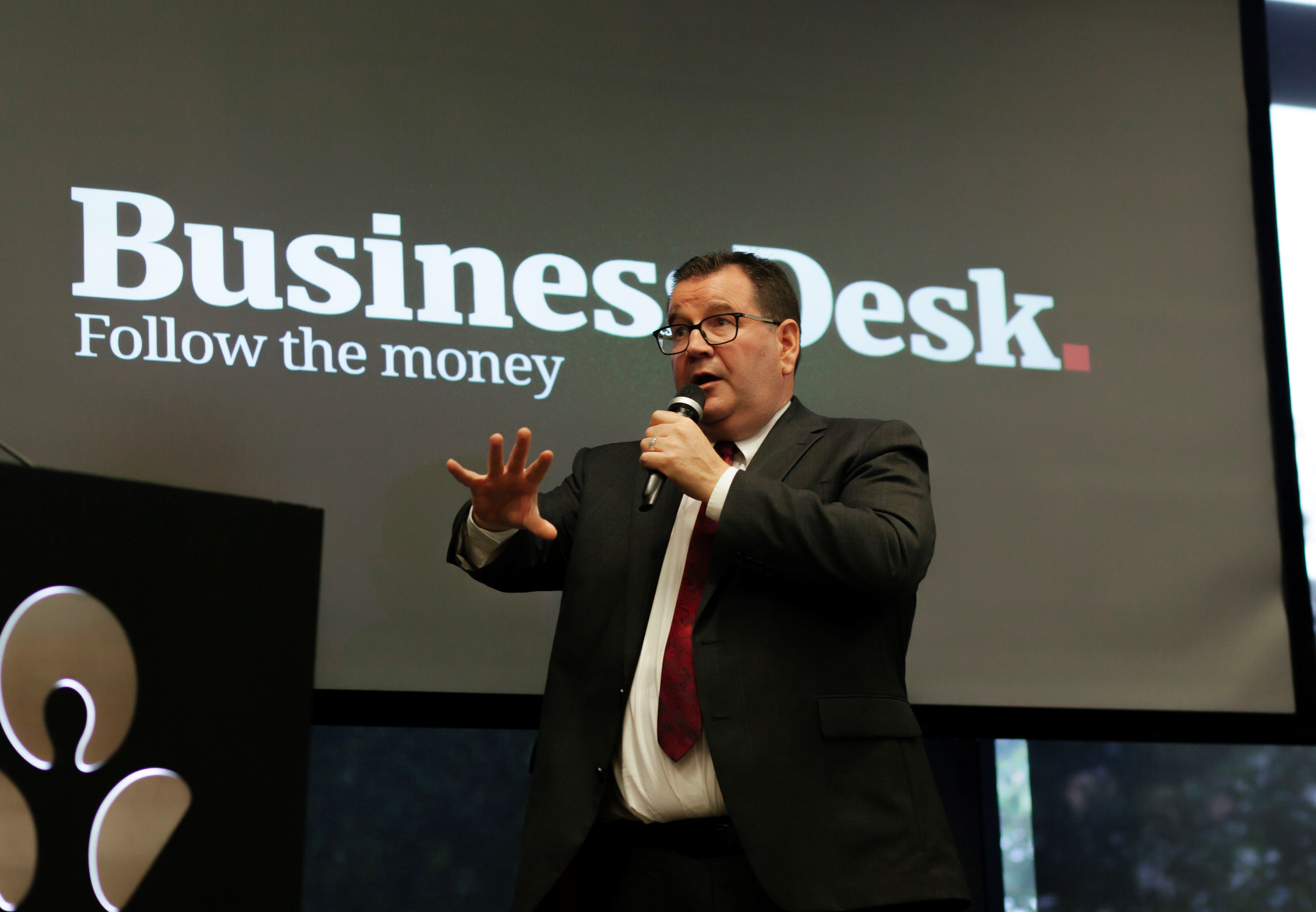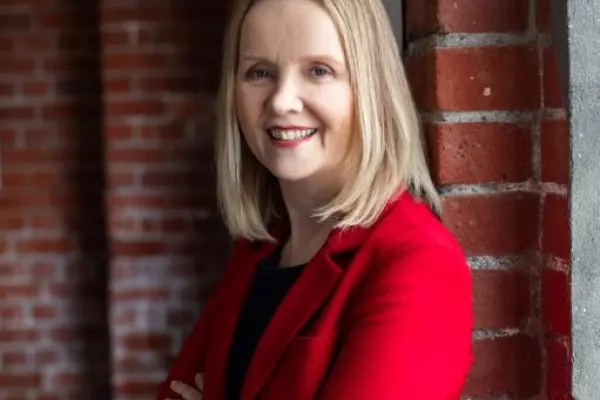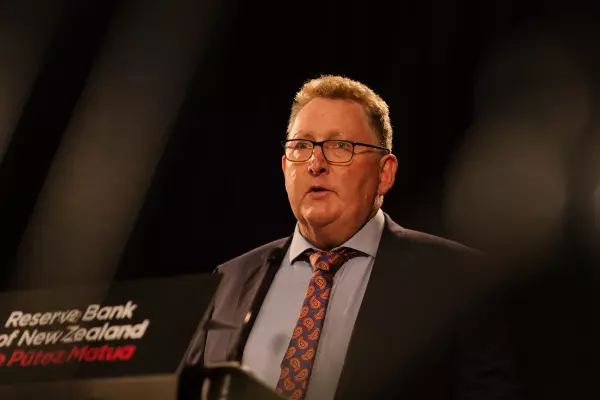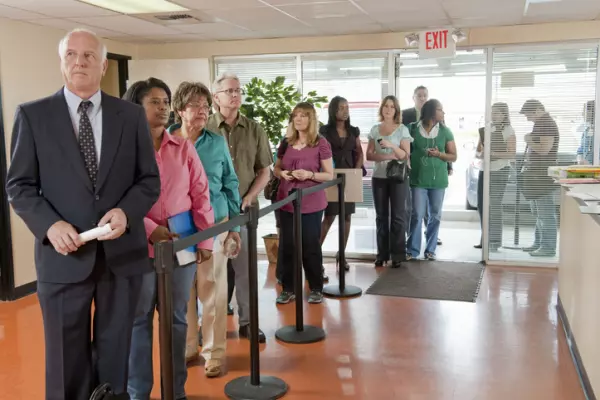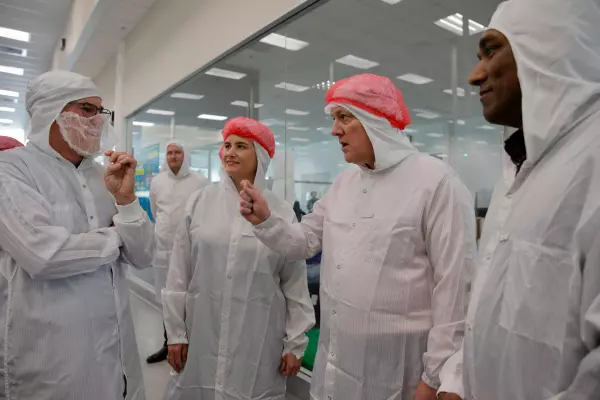Coronavirus is likely to affect New Zealand's economy through 2020, rather than being a short, sharp shock in the March quarter, Finance Minister Grant Robertson said.
"The best-case scenario was that the containment option would work. That appears to be working in China but it's now becoming much less likely" for the rest of the world, Robertson told a BusinessDesk event in Auckland on Wednesday evening.
"That basically means, in terms of New Zealand, we're looking at impacts right through 2020," he said.
The government had already been braced for a significant impact this quarter but the situation globally is escalating. "It's so fluid that it's very hard to keep up with."
When they had still been expecting the crisis would deliver a short, sharp shock to NZ's economy, economists had predicted it could shave 0.5 percent off March quarter growth.
The latest data shows more than 81,000 people have been infected in 46 countries, up from 42 yesterday. Almost 3,000 people have died, most of them in China where the virus first emerged in December, but there have also been deaths in South Korea, Italy, Iran, Japan and France.
Plan
Robertson said the government is hoping it won't see the worst-case scenario but "we need to be doing the planning for it, even if we're not expecting" the virus to have a catastrophic impact.
He noted that "the timing's not great" because the government is currently putting its budget together and trying to make spending decisions.
"We have to build in planning for fiscal stimulus that might be required" if the crisis develops into a global pandemic. "We're not there yet, but we have to be planning for it."
The US Centers for Disease Control and Prevention said yesterday that it's a question of when, not if, the virus spreads throughout America.
"We expect we will see community spread in this country," said Nancy Messonnier, director of the CDC's National Center for Immunization and Respiratory Diseases.
"It's not so much a question of if this will happen anymore, but rather more a question of exactly when this will happen and how many people in this country will have severe illness."
Tax
Robertson again ruled out his government introducing a capital gains tax, even though he personally favours such a policy. Prime Minister Jacinda Ardern had ruled that out "and I want her to continue being the prime minister."
But Treasury is looking at the country's overall tax structure and ways to make it fairer, particularly for lower and middle-income earners.
While "every finance minister or revenue minister is going to want to deal with fiscal drag," a lot of investment in infrastructure is also needed.
Whichever party is in power after New Zealand's Sept. 19 general election, water infrastructure will be the issue that dominates the government's next term, Robertson said.
"Having a functioning, inter-connected public infrastructure system is absolutely essential for this country."
Asset funding
Asked about whether the Labour Party-led government would ever consider sale-and-leaseback arrangements for public assets, Robertson said it's not on his government's current agenda but alternative methods of managing capital are worth exploring.
It might consider, for example, the kind of arrangements being used by Temasek, the Singapore government's sovereign wealth fund.
National Party finance spokesman Paul Goldsmith, who also spoke at the BusinessDesk function, said light rail for Auckland was well down his party's list of priorities.
"It may make sense down the line," but National has many other more urgent priorities, Goldsmith said.
Goldsmith hinted that if National wins government after the current government had signed a contract to build such a system, his party might be prepared to overturn it.
National doesn't agree with reneging on a contract "if we can possibly help it but we would be looking at it," Goldsmith said.
